<p>Blockchain technology has the potential to address a wide range of
challenges faced by governments around the world by providing secure and
transparent decentralized systems. </p><p>Could
Blockchain Bring Efficiency to the US Government?</p><p>There are more
than a few examples of how blockchain technology could be used in government.
This includes among others the following:</p><p>Digital
Identity Management</p><p>Creating secure
and decentralized digital identity management systems is one of the <a href="https://www.financemagnates.com/cryptocurrency/as-crypto-corrects-whats-next-for-el-salvadors-bitcoin-gamble/" target="_blank" rel="follow">most promising applications of blockchain technology in government</a>. </p><p>Governments
could use blockchain technology to store and manage sensitive information, such
as passport and birth certificate details securely and transparently.
Blockchain technology could also be used to develop a unified digital identity
that could be used across multiple government services. This would improve
efficiency while lowering the risk of identity fraud. </p><p>Public
Record Keeping</p><p>Another
application of blockchain technology in government is the management of public
records, such as land registries, voting records, and tax records. </p><p>Governments
could use blockchain technology to create secure and transparent public
record-keeping systems that are less prone to fraud and errors. This would
increase transparency and accountability while also making it easier for
citizens to access and verify vital public records.</p><p>Government
Procurement</p><p>Every year,
governments around the world spend billions of dollars on procurement.
Governments could use blockchain technology to create secure and transparent
procurement systems, reducing the risk of fraud and corruption. Blockchain
technology could also be used to improve procurement efficiency and reduce
costs. </p><p>Election
Management</p><p>Managing
elections is one of the most important applications of blockchain technology in
government. Blockchain technology has the potential to be used to create secure
and transparent voting systems, reducing the risk of fraud and increasing the
accuracy of election results.</p><p>Governments
could use blockchain technology to create voting systems that are more secure,
transparent, and accountable, increasing citizen trust in the electoral
process. </p><p>Blockchain
technology could also be used to improve the delivery of public services such
as healthcare, education, and social security. </p><p>Governments
could use blockchain technology to create secure and transparent systems for
delivering public services, lowering the risk of fraud, and increasing
efficiency. </p><p>Blockchain
technology could also be used to develop systems for tracking public service
delivery, making it easier for governments to monitor and improve their
performance. </p><p>Finances
of the Government</p><p>Blockchain
technology could also be used to manage government finances, such as tax
collection and expenditure. Governments could use blockchain technology to
create secure and transparent financial systems, reducing the risk of fraud and
increasing accountability. </p><p>Blockchain
technology could also be used to create digital currencies, which could be used
to increase financial inclusion and lower transaction costs.</p><p>Is the Blockchain a Threat to Governments?</p><p>Interestingly, there
are those who believe that blockchain technology can replace a country’s
currency and other governmental entities (if not the government itself). But, could
that happen? And, should governments and central banks be apprehensive?</p><p>While there’s
no straight answer yet, one can look closely at what began to happen in Venezuela
following the country’s 2016 hyperinflation scenario. </p><p>The country’s
inflation rate was over 200% and peaked at 130000%, meaning that a simple cup
of coffee at the time would cost you about 2 million Venezuelan Bolivars. </p><p>As essential
goods’ prices skyrocketed too, many agreed that migrating their wealth to USD was
the perfect solution as it would allow for them to store wealth and somewhat
try to avoid the country’s economic turmoil.</p><p>However, the
Venezuelan government wasn’t too fond of this course of action and began to enforce
restrictions on foreign currency flow, meaning that they made sure that moving assets
outside of the country was nearly impossible.</p><p>Consequently,
this led to Venezuelans straight to Bitcoin as it promised them greater
stability and no government interference.</p><p>The message was
clear, Venezuelans avoided banks and governmental confiscation of assets, and peer-to-peer
transactions skyrocketed as trust in these institutions waned. Money could flow
in and out of the country freely without fearing censorship nor confiscation.</p><p>From here it’s
simple to extrapolate that the blockchain’s inherent decentralized nature empowers citizens by giving them a chance of circumventing the system if their reliance
and trust in their government fades.</p><p>Wrapping
Up</p><p>Ultimately,
blockchain technology has the potential to transform a wide range of government
sectors, including digital identity management, public record-keeping,
government procurement, election management, public service delivery, and
government finances. </p><p>Blockchain
technology has the potential to increase efficiency, reduce the risk of fraud
and corruption, and improve the delivery of public services by providing secure
and transparent decentralized systems. As blockchain technology matures, it is
expected to become increasingly important in the government sector, playing a
key role in shaping the future of government.</p><p>Blockchain
FAQ</p><p>What
role can blockchain play in improving the security and transparency of
government processes?</p><p>The
decentralized and tamper-proof ledger of blockchain can aid in increasing
transparency and preventing fraud and corruption in government processes. </p><p>How
can blockchain help America's voting system?</p><p>A
blockchain-based voting system can provide a secure and transparent method of
recording and counting votes, boosting public trust in the electoral process. </p><p>Can
blockchain technology help to streamline and improve government
services?</p><p>Government departments can securely
and efficiently share information and collaborate using blockchain, resulting
in faster and more cost-effective service delivery.</p><p>How
can blockchain improve supply chain management in the United States
government?</p><p>Blockchain
technology can provide a secure and transparent record of goods, increasing
visibility and accountability in supply chain management while lowering the
risk of fraud and inefficiencies. </p><p>Can
blockchain help America increase financial transparency and reduce government
debt?</p><p>The
government can increase transparency and accountability in financial
transactions by using blockchain to track government spending and revenue,
potentially reducing government debt and increasing public trust in government
finances.</p>
This article was written by Finance Magnates Staff at www.financemagnates.com.

You can get bonuses upto $100 FREE BONUS when you:
💰 Install these recommended apps:
💲 SocialGood - 100% Crypto Back on Everyday Shopping
💲 xPortal - The DeFi For The Next Billion
💲 CryptoTab Browser - Lightweight, fast, and ready to mine!
💰 Register on these recommended exchanges:
🟡 Binance🟡 Bitfinex🟡 Bitmart🟡 Bittrex🟡 Bitget
🟡 CoinEx🟡 Crypto.com🟡 Gate.io🟡 Huobi🟡 Kucoin.

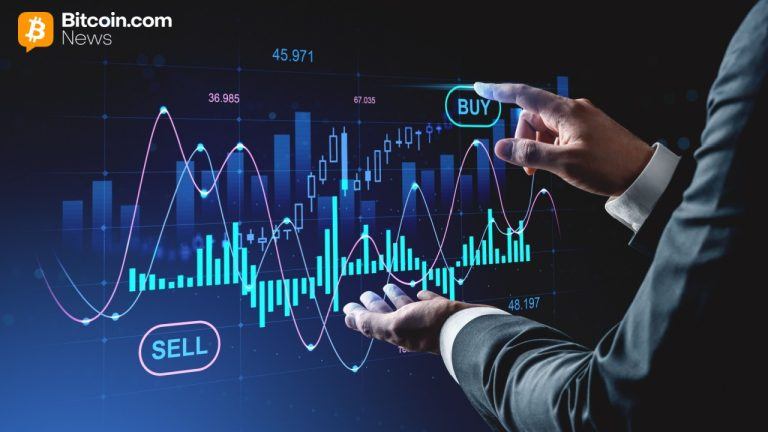
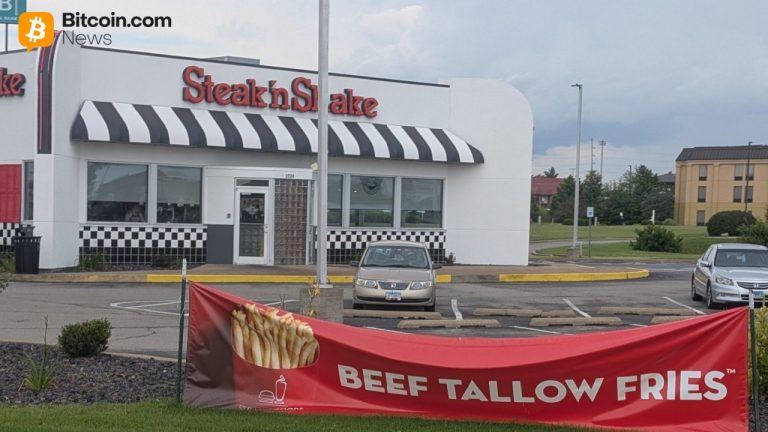
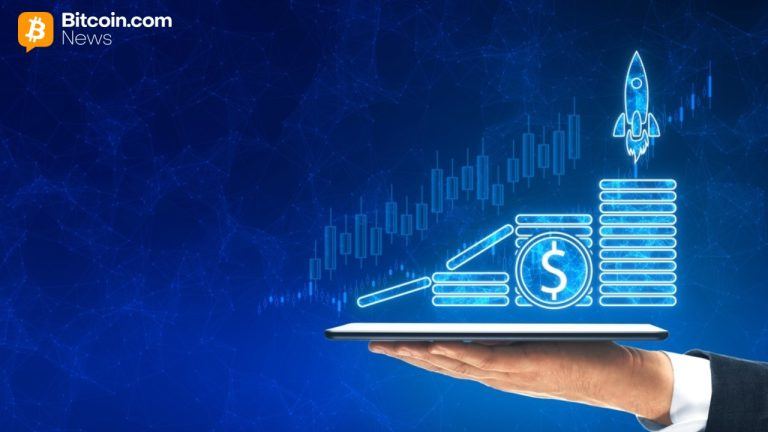

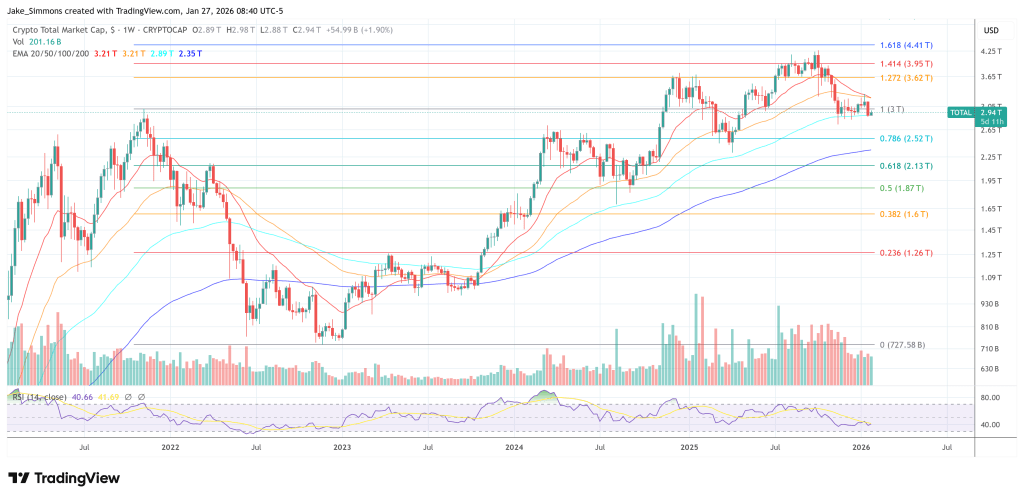






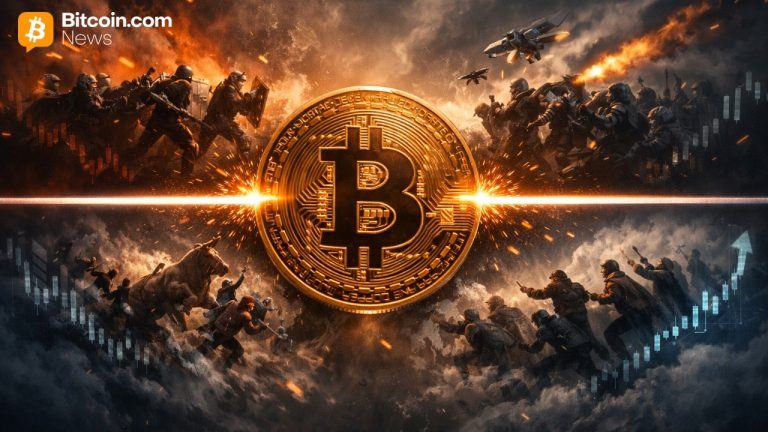




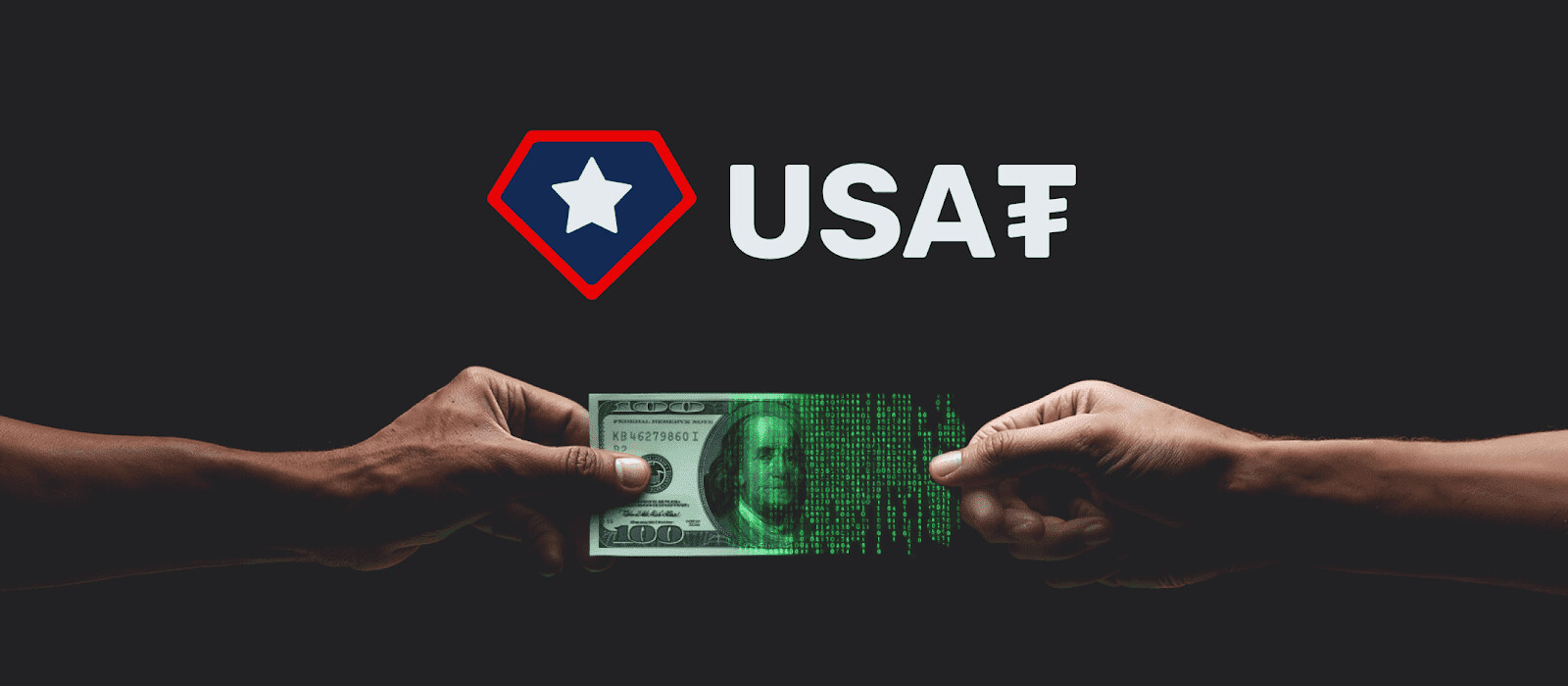



Comments